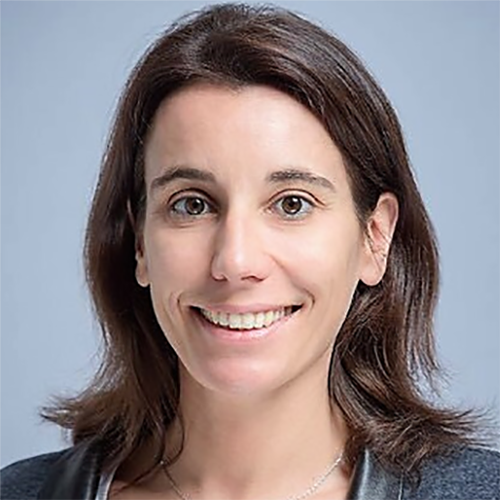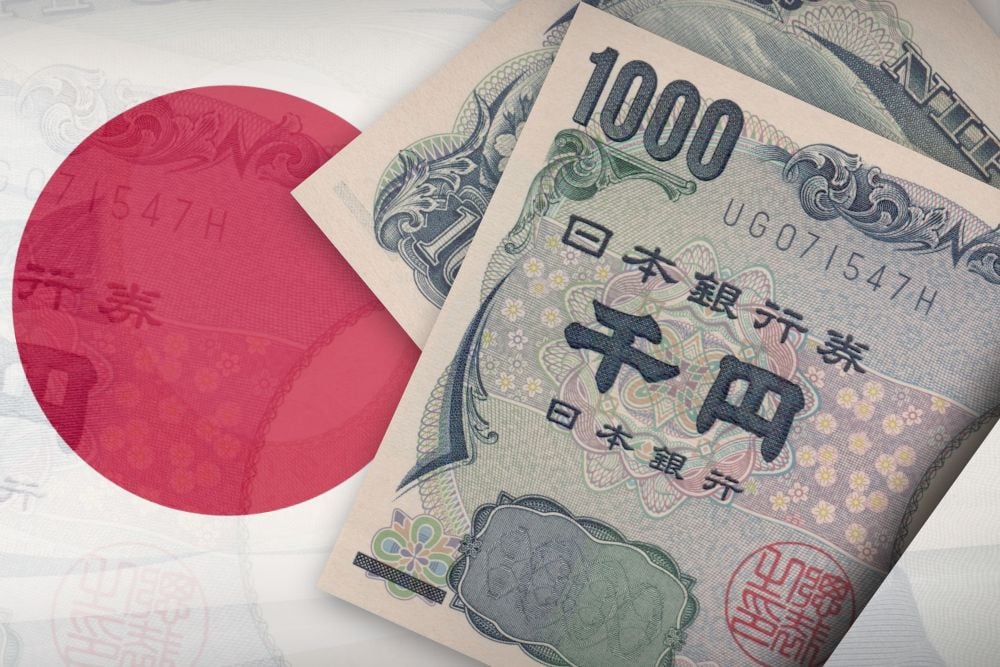 |
|
Global asset managers are looking to the newest funds passporting platform in Asia Pacific to tap one of the world’s fastest-growing pools of private wealth.
When it comes to the Mainland China-Hong Kong Mutual Recognition of Funds (MRF) program, patience is key in the quest for this “holy grail” for asset managers. Regulators in Hong Kong and China made a final decision in July after more than two years of negotiations. And six months later, the MRF scheme has already attracted 26 approved funds (out of more than 60 applications under review) – a significant milestone in China’s capital market transformation.
The MRF scheme is a major financial reform and aims to deepen integration of Asia’s asset management industry and widen the cross-border investment channels between the capital markets of China and Hong Kong. It is one of the few opportunities for international investment managers to tap CNY112 trillion (US$17.5 trillion) of private wealth in China.
Still, institutional investors are taking their time to digest the significance of the MRF scheme. Given the continued volatility of China’s stock markets and some remaining operational, legal and regulatory challenges, some investors remain cautious.
Long-term view
Institutional investors see China as a market for long-term and strategic asset allocation. And like any allocation into new assets, investing in China’s capital markets requires time, patience and adequate knowledge.
Investors are trying to capture the new market opportunities while looking to balance the economic uncertainties and regulatory and political complexities. They may reap big rewards by re-domiciling their funds in Hong Kong to invest in China, but they also face some unknowns.
China’s capital market is dominated by retail investors and the speculative nature and volatility of local equities may come as a shock for some institutional investors, especially those focused on investing for the long term and for consistent returns.
Distribution of funds in China is largely through the major banks and insurance companies, while some institutional investors have established joint ventures with local asset managers to access China. And others are beginning to look beyond joint venture partnerships.
In addition, financial technology and online money market mutual funds, which transformed the way Chinese investors invest their savings, also pose a challenge to traditional asset managers in China. In recent years, technology and non-financial services companies have started to use their online and mobile platforms to offer financial services products. These technology companies have tremendous reach with consumers, especially when the country has 668 million internet users, including 594 million mobile internet users. And the number of new “netizens” in China is on the rise. By offering the right type of investment products, these technology companies are becoming fierce competitors. But being retail-focused, the investor base tends to be more volatile.
The MRF has an institutional investor base of about 950 qualifying Mainland China and Hong Kong funds , streamlined procedures and a structured regulatory framework, paving the way for major asset managers to sell cross-border products. The qualifying 100 Hong Kong funds have about CNY300 billion in total assets and the 850 Mainland China funds have around CNY2 trillion.
The MRF, which initially allows CNY300 billion each way of cross-border fund sales, has come on the heels of the Shanghai-Hong Kong Stock Connect program launched in November 2014. That program is expected to link up with the Shenzhen Stock Exchange in 2016 and the investment scope will likely be expanded to include exchange-traded funds.
Taking the next step
Asset managers globally and in Hong Kong have been positioning to tap into the growth opportunities from the MRF scheme, including launching funds domiciled in Hong Kong. The managers are considering the costs and the benefits of having a strong presence in both capital markets and having a wider product offering.
They are making adjustments in order to satisfy eligibility requirements in Mainland China, including re-domiciling their funds, changing investment policies and setting new share classes tailor-made for Chinese investors.
The timeline for a product launch under the MRF scheme may vary between 6 and 30 months, depending on an asset manager’s presence in either Hong Kong or the Mainland. Those with existing Hong Kong-domiciled funds would need to look into meeting additional requirements such as having a 12-month track record with the required assets under management, appointing an agent in the Mainland and building the distribution capability via knowledgeable partners. That way, they may be able to launch their MRF products as soon as within six months.
The signs are clear. China will continue to pursue its path of capital markets reform and the internationalization of the renminbi (RMB). Already, the International Monetary Fund has decided to add the RMB into its basket of reserve currencies – marking a significant step forward in the development of China’s economy. Likewise, more international investments will allow the country’s stock markets to mature and behave like other major markets globally. And market volatilities will be part of the “new normal” in China.
Steven Xavier Chan is vice president, head of regulator and industry government affairs Asia Pacific for State Street









